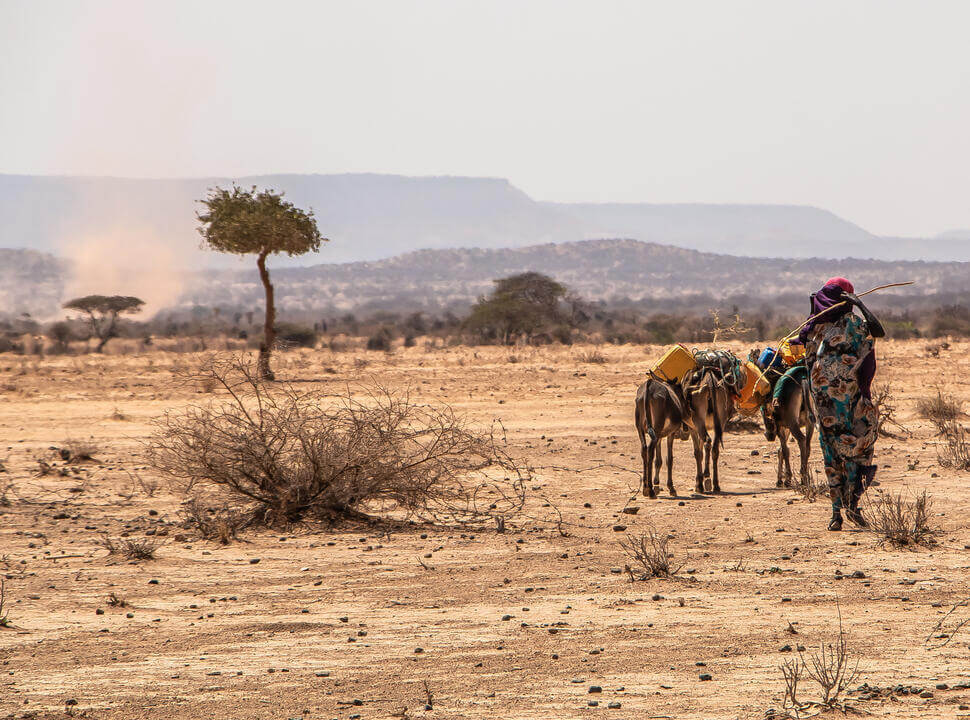
Efficient African Investments Need Domestic Capital Markets
African investments, especially in government bonds, have the world’s highest yields. However, during the coronavirus period, many international investors have shied away. This is under the presumption of a high-risk market.
Furthermore, African countries always have to have a higher interest rate than developed nations. This is despite the latter borrowing more than African nations. Especially during the coronavirus period and the collapse of the global economy.
This has led to some African investors and experts to call this an unfair bias. They are calling on other investors to consider a new way of investing, to benefit their economic state post-coronavirus.
Premium Risk Payments by African Countries Is Unjustifiable
A report by the International Monetary Fund indicates that, in sub-Saharan Africa, countries borrow between 40% and 60% of their total gross domestic, in comparison to the US, whose public debt had reached 106.9% of GDP in 2019.
However, investors still expect African countries to pay high-risk premiums. This makes African countries the highest interest rate paying nations in the world, more than developed and emerging economies.
The Finance Minister of Ghana Ken Ofori-Atta has said that the risk premium payments for African countries are unjustifiable. This is because the global financial infrastructure is unfit and needs readjusting.
Another top financial Expert from Kenya, a fast-growing economy, is Michael Nderitu. He is also the Chief risk officer at Pan-African Payments and the AZA trading platform. He has said, in a Webinar, that the problem is part of the dollarization effect.
This is because the scarcity of the dollar in the continent raises a challenge for investors. They face dollar shortages when they try to withdraw money in Africa. Experts in the Webinar also raised the issue of bias. This stems from investors associating investments in Africa with high risk. They expect African nations to pay more if they need to borrow for development.
As a solution, the panel urged African investors to start considering borrowing within Africa, which will, in turn, bolster their own capital markets and increase their ability to lend more and profit even further.
Investors Apply an Additional Laziness Premium
Also, in the webinar, former Chairperson of Renaissance Capital, Christophe Charlier, said that investors charge a laziness premium. This allows them to reuse their lending capital together with their profits multiple times when they lend to companies or nations who frequently return to the market for more.
Another major concern for investors is low liquidity. This inhibits investors from getting in and out of a market quickly. This is because most African countries do not have a secondary market, or a free-flowing market for their bonds.
For instance, the bias in loaning to African countries is quite in contrast between Angola and Argentina. Angola is famous for paying back premium interests on shorter-dated loans since 2002 and has never defaulted.
However, if investors lost all capital in Argentina, they would count their losses and move on, but if an investment was to go south in an African country, the investor would have to be accountable to a long list of higher authorities on the loan.
“These biases keep getting perpetuated. This is the narrative that we have to change. It has to be done yesterday.” Said Kojo Annan, Director at Vector Global.
African Governments Share Some Blame and Need to Help Complete Reset Post-Coronavirus
Nderitu said that African governments are great at issuing trade blocs but are poor at implementing them due to corruption, many faced forms of bureaucracy and a lack of proper infrastructure.
“When these trading blocs really work to improve our ability to coordinate to ease business, this is when we will be able to kill the dollarization effect so that we can trade locally.” Said Nderitu.
Governments African investors must work together to initiate functional trading blocs and kill cumbersome investment requirements, as well as legislative processes. At a score of 50.1 on a scale of 100, according to the World Bank’s latest data, the ease of doing business in Sub-Saharan Africa needs to rise by around 15 points to reach the global average of 63.0.
International investors also avoid the African market due to the unavailability of accurate or complete data African capital markets. Many investors always have to conduct independent research and take more time to consider investing in Africa.
“I think you can even go a step further and say that the game has already been created in a biased fashion against you, so you are playing a losing game before you start.” Said Annan, son of the former UN-Secretary General, Kofi Annan.
Unique opportunities ahead
Despite the many challenges that African investments face, Charlier stated that the coronavirus represents the “perfect storm” for African countries to seriously rethink their supply chain reliance on foreign partners and develop their own domestic capital markets.
According to Annan, the coronavirus crisis presents a unique opportunity for African countries. They can completely reset and build local and international trade systems. They can also abort their reliance on international trade agreements, most of which favor other regions.
“When push comes to shove, we are on our own. Nobody is coming to bail us out when they thought we were going to die in the millions, so if that is not a wakeup call for the continent I don’t know what is.” Annan said.




